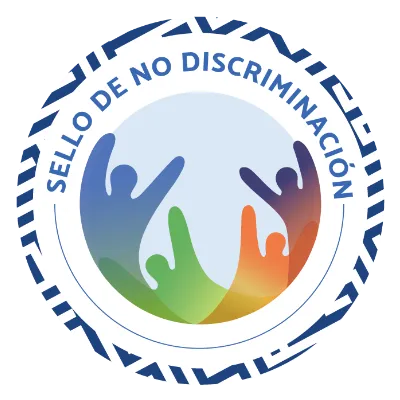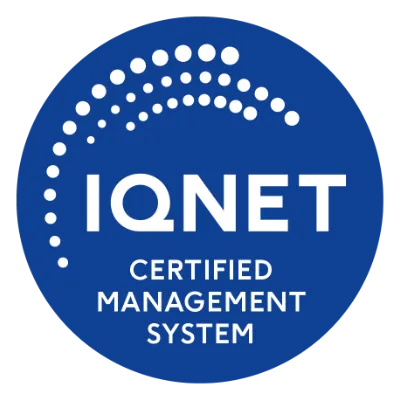
11 July 2024, Cairo, Egypt I have just returned from the occupied Palestinian territory, where I visited the West Bank, including East Jerusalem, Jenin, and Gaza.
The situation in Gaza is concerning on both a human and humanitarian level. I saw firsthand the scale of devastation: lives and homes in ruins, hospitals overwhelmed, and a fully destroyed city.
Lack of fuel is compromising all health and humanitarian operations.
Running sewage and garbage litter demolished streets, with the smell of fermented waste permeating the air. This situation is providing the perfect breeding ground for diseases to spread, leading to an increase in cases of acute watery diarrhea and acute respiratory infections.
Ongoing violence and the breakdown of law and order are devastating an already crippled city and creating an extremely high-risk environment, not just for aid workers but everyone in Gaza.
The breakdown of law and order also makes it nearly impossible to manage gender-based violence, exposing displaced Palestinians to additional life-threatening risks.
I met with WHO staff in Gaza, many of whom are national staff who have faced personal loss and suffering. Despite these challenges, they continue to risk their lives to deliver fuel and medical supplies to hospitals, and transfer patients to safety and care, striving to overcome delays and obstructions along the way.
As a result of increasing hostilities and soaring needs, WHO has expanded its medical supply chain for Gaza. However, much of this aid remains stuck on the wrong side of





Copyright© 2025 Colegio El Triángulo. Diseñado por Sistemas Olympia